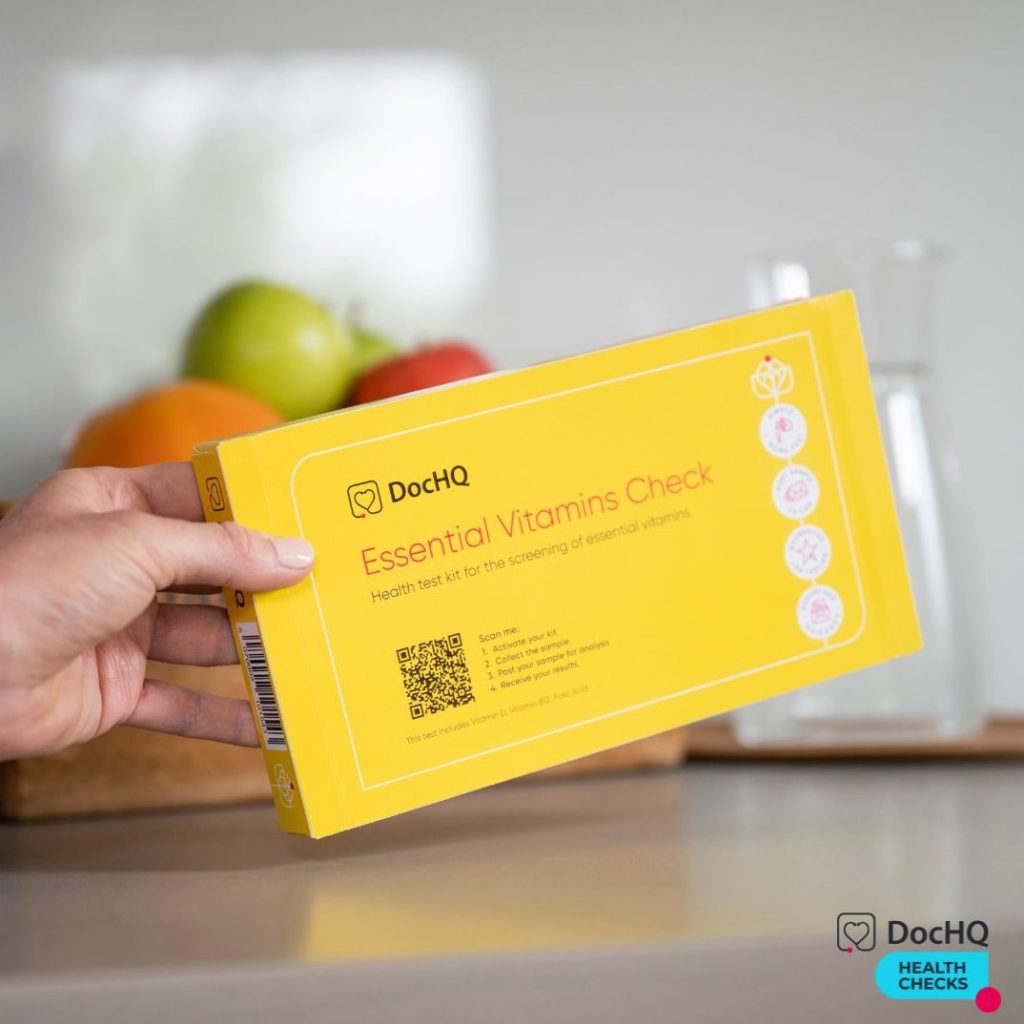As the days become shorter and the temperatures drop during the winter months, our bodies may face challenges in maintaining optimal health. Shorter daylight hours can lead to fatigue and mood swings, while the cold, dry air can exacerbate skin dryness and impair circulation. To combat these winter woes, it’s crucial to ensure our bodies are receiving the essential vitamins they need to thrive.
Vitamin D: A sunshine vitamin for year-round wellbeing
Vitamin D, often referred to as the “sunshine vitamin” because our bodies produce it when exposed to sunlight, plays a critical role in bone health, immunity and mood regulation. During the winter months, when we spend less time outdoors, our vitamin D levels often plummet. This can lead to bone weakness, increased susceptibility to infections and a higher risk of developing Seasonal Affective Disorder (SAD), also known as winter depression.
People at risk of vitamin D deficiency
- People who are not often outdoors are more likely to have low vitamin D levels.
- People who usually wear clothes that cover most of their skin when outdoors are less likely to get enough vitamin D from the sun.
- People with dark skin, such as those with an African, African-Caribbean or South Asian background, may also not make enough vitamin D from sunlight.
Public Health England recommends that adults get 10 µg (micrograms) of vitamin D a day from food and supplements. Foods rich in vitamin D include oily fish such as salmon, mackerel and sardines, eggs, and fortified foods like breakfast cereals and plant-based milk alternatives. Consider taking a vitamin D test if you’re concerned about your vitamin D levels.
Vitamin B12: Combating fatigue and mood swings
Vitamin B12 plays a vital role in nerve function, DNA synthesis and red blood cell formation. It’s particularly important for vegans and vegetarians, as our bodies primarily obtain vitamin B12 from animal products.
During the winter months, when we tend to eat fewer fresh fruits and vegetables, our vitamin B12 intake may decline. This can lead to fatigue, memory problems and an increased risk of mood disorders such as SAD.
To ensure adequate vitamin B12 intake, incorporate vitamin B12-rich foods like meat, poultry, fish, dairy products and fortified cereals into your diet. If you’re vegan or vegetarian, consider taking a vitamin B12 supplement.
Vitamin C: Your winter immunity booster
Vitamin C is a powerful antioxidant that plays a crucial role in immune function, collagen production and iron absorption. It’s also water-soluble, meaning our bodies don’t store it, so we need to replenish it regularly through our diet.
During the winter, when we’re more susceptible to colds and flu, vitamin C can help boost our immune defences. It’s also essential for maintaining healthy skin and supporting wound healing.
To meet your daily vitamin C needs, incorporate plenty of fruits and vegetables rich in this nutrient into your diet. Citrus fruits like oranges, grapefruits and lemons are great sources, as are strawberries, broccoli, bell peppers and kiwifruit.
Vitamin E: Hydration for skin and circulation
As the winter air becomes drier and colder, our skin is more prone to dryness and irritation. Vitamin E is a natural emollient that helps hydrate and protect the skin. It also plays a role in blood circulation, which is essential for delivering essential nutrients and oxygen to your skin cells.
To reap the benefits of vitamin E, include plenty of vitamin E-rich foods in your diet, such as almonds, sunflower seeds, spinach and sweet potatoes. You can also find vitamin E in vegetable oils, such as olive and sunflower.
DocHQ Essential Vitamins Health Check: A comprehensive assessment

While incorporating these essential vitamins into your diet can significantly impact your winter wellness, it’s always a good idea to have a comprehensive vitamins check-up.This will provide you with personalised insights into your vitamin levels and allow you to make informed decisions about any potential supplementation needs.DocHQ’s Essential Vitamins Check is a convenient and affordable way to assess your levels of folic acid, vitamin D and vitamin B12. The easy-to-use kit allows you to check your vitamin D levels from the comfort of your own home. Simply take a finger-prick blood sample and send it to our lab for analysis. You’ll receive GP-verified results within a few days along with personalised recommendations for maintaining optimal vitamin levels.



